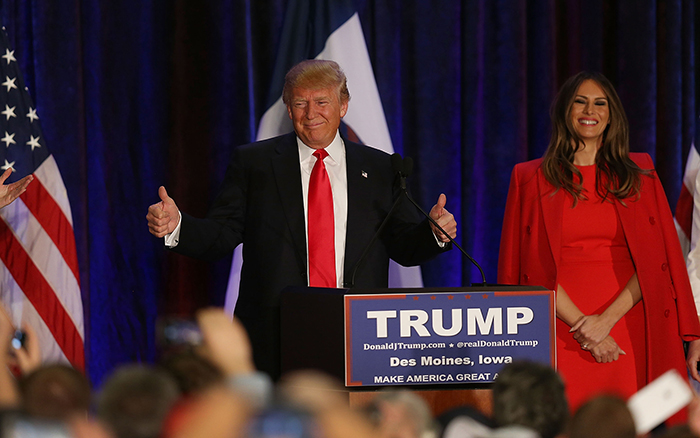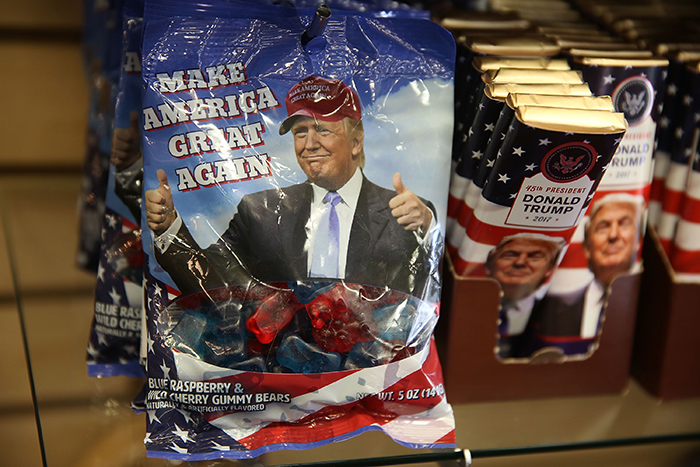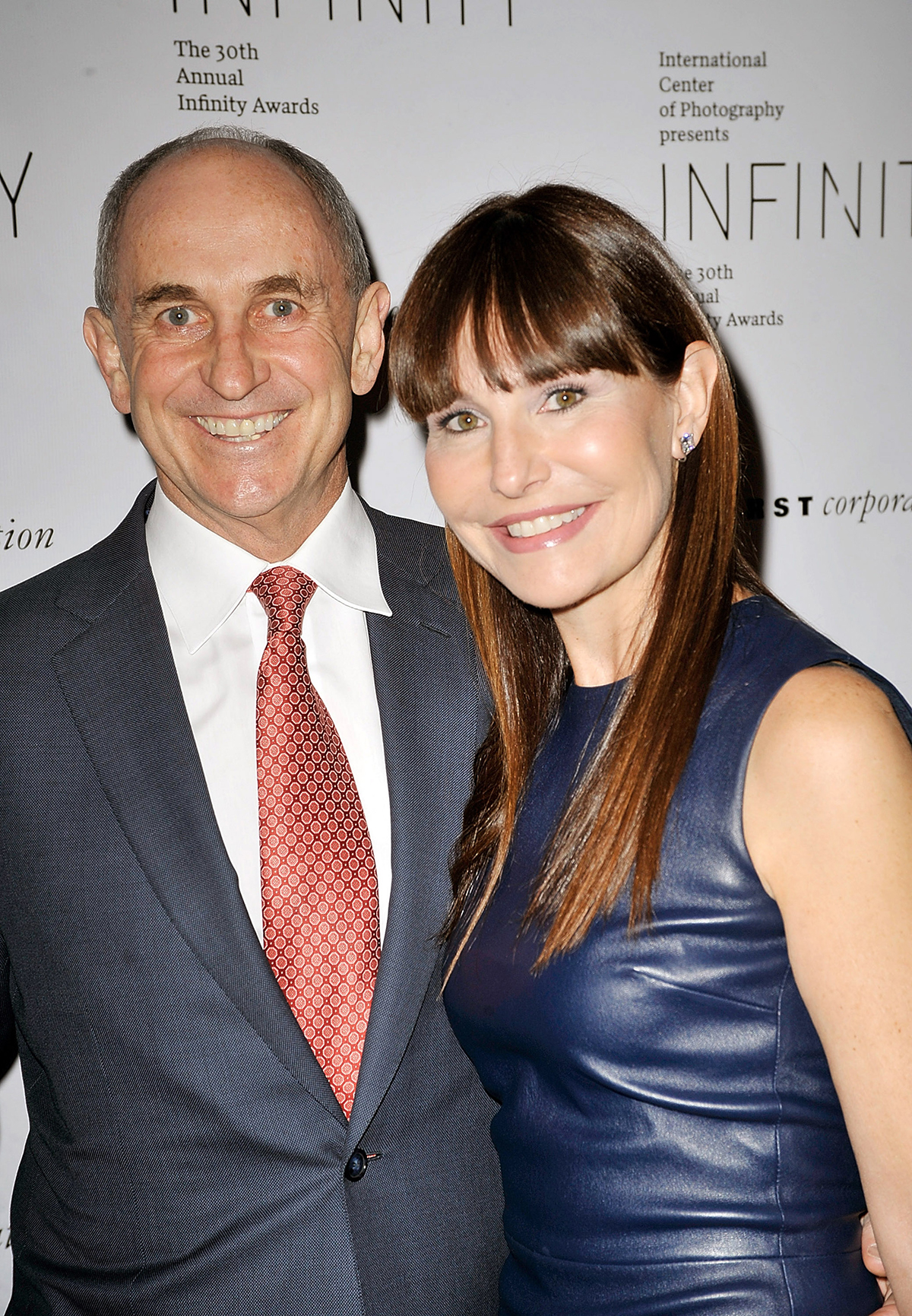In a week when an overnight snowstorm almost brought Portland, Oregon, to a shuddering halt, the city was also dealing with a shortage of pink wool.
It wasn’t, unfortunately, brought on by a rush of people making socks and scarves for the city’s 3800 freezing homeless. The sudden demand for yarn was for another pressing cause – those knitting “pussyhats”, the pink cat-eared headwear to be worn by women in Portland, and Washington DC, in protest marches the day after the inauguration of the 45th president of the United States, Donald Trump.
The idea of the Women’s March was to bring attention to civil and human rights issues amidst a sea of pink; the cat ears a subtle reference to Trump’s infamous “Grab them by the pussy” remark made in 2005, and dragged up during his election campaign.
Portland, on the US west coast, is a liberal town. It embraces medical marijuana, assisted dying and environmental issues; it was a national leader in pushing for same-sex marriages. Oregon has favoured Democrats in every presidential election since 1988, and in the latest, the majority of voters put their weight behind Hillary Clinton (50 per cent to Trump’s 39 per cent).
So it’s no surprise that talking to people on the snowy streets of Portland, there was a sense of uncertainty and dread about what the 70-year-old billionaire’s term in office might hold for Americans.
A shop assistant at the historic department store Macy’s was about to lose his job of nine years. The retail giant decided to close 68 of its stores nationwide because of declining sales, and its glazed terracotta Portland store – a city icon since 1909 – was one of them. He was told the news the day after Trump was elected.
“It was the worst 24 hours,” he said. “It was tough getting out of bed the next day, not knowing what the future held.”
Of course, the closures had nothing to do with the president-elect, and the store assistant is feeling more optimistic about it now, looking at a new career in credit unions.
At a barbershop in the hip Pearl District – where customers enjoy a coffee or whisky while waiting for a trim – a female barber recalled the anti-Trump protests that erupted into terrifying riots in the normally suave neighbourhood immediately after the election. She was disturbed by the violence that spilled onto the streets; 71 people were arrested on the fifth night of protests, when bottles and fireworks were hurled at police, and cars and store windows were smashed.
“The violence took away from the message of the protest. It became the story,” she said.
She was hoping the same wouldn’t happen again after the January 20 inauguration.

Photo/Getty
North of Portland, in the Washington city of Seattle, my friend David Volk – a writer and father of two young children – considered the differences between this inauguration and the swearing-in of Barack Obama eight years before.
“As Obama prepared to take the oath of office, we were optimistic, we were hopeful. For many, ‘Yes we can’ was more than a slogan. We had elected the country’s first African American president and we were inspired by what we had done. We believed in hope and change, and that we could all work together to accomplish amazing things because the president, our activist-in-chief, told us we could,” he said.
“As Trump enters office, the mantra is a darker, dictatorial ‘I alone can fix that’. He somehow managed to convince many that we were in sad shape, on the verge of financial chaos; that terrorists were knocking at our door; that we had lost our prestige; that we were weak. And that he was going to ‘Make America Great Again’, even though he never explained why it was no longer great, or how he was actually going to fix it.”

Photo/Getty
David talked about a feeling of fear in his city – among a variety of people, from the working poor and women, to Muslims and minorities. As a Jew, he was nervous about white supremacist groups who endorsed Trump, and now “expect to be rewarded for their assistance”.
But he also understood there is a large swathe of America wanting the change that Trump has promised to bring.
“In Seattle, we tend to forget that the rest of the country isn’t like us. There are parts of the country that are not as prosperous, and where the prospects aren’t as good,” he said.
You simply can’t ignore the wave of excitement among Trump supporters (remember there were 61.9 million of them). They just haven’t been so vociferous, because they have nothing to object to – their man is now in charge. They are adamant that he will deliver on his long string of election promises.
As Obama’s reign ended, some US political commentators questioned whether the outgoing president, while a good man and a respected leader, was the creator of the Trump revolution; that the country’s slow economic growth, and America’s ongoing involvement in wars abroad, had done little to assuage the fears of many Americans.
In Obama’s laid-back home state, Hawaii, a young beauty therapist named Lucy sums up a different feeling, reflected in a Gallup poll that showed three-quarters of Americans are divided over the most important values and almost half have no faith in Trump bringing the country together.
“None of my friends voted. We don’t believe in politics, and we don’t trust politicians. We don’t know if presidents can truly make a difference – the only way to make change is to change yourself.”
Words: Suzanne McFadden
For more from The Australian Women’s Weekly, see the February issue. Follow us on Facebook or Instagram.

